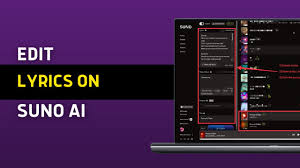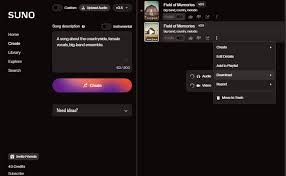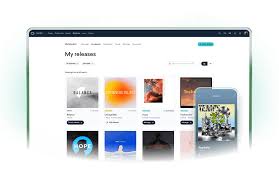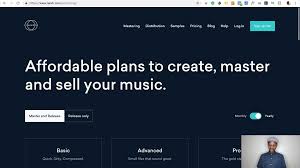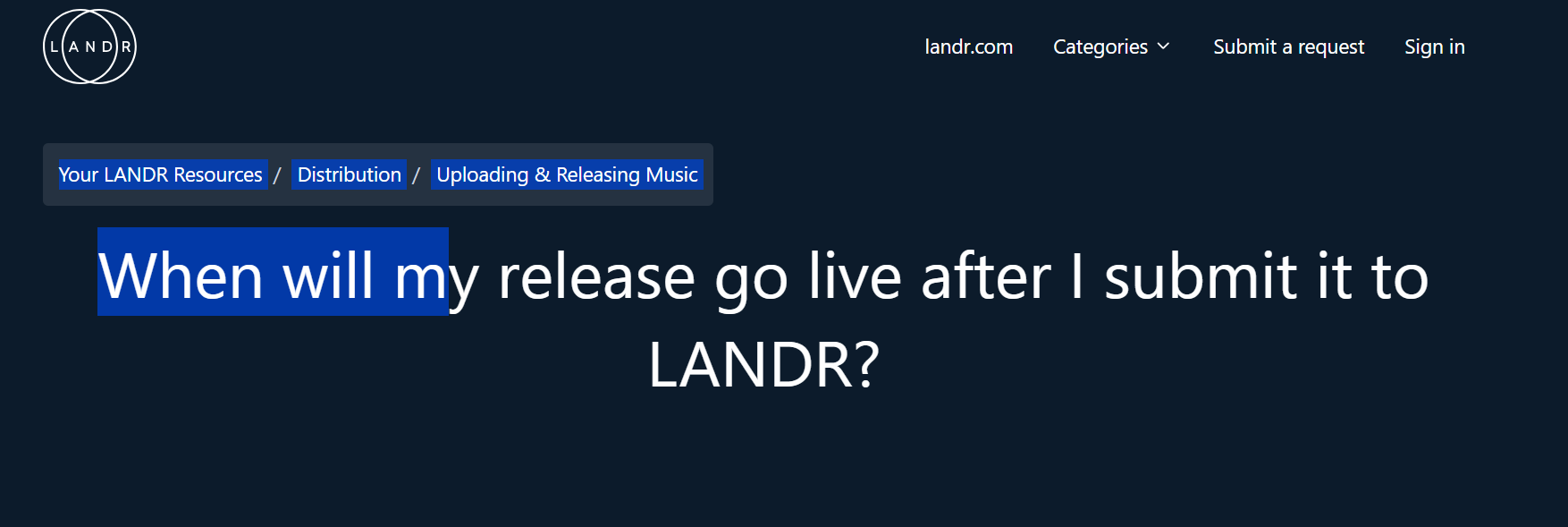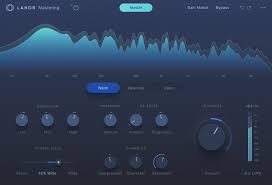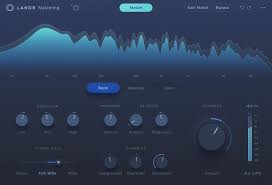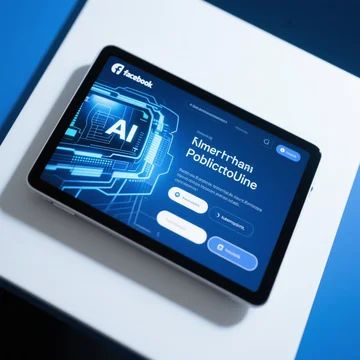
Introduction: Can You Trust AI to Identify Your Music Genre?
If you’re a musician, producer, or content creator, you’ve probably wondered: “Can AI tell me what genre my music is?” Genre classification might seem obvious to the trained ear, but for hybrid sounds and experimental tracks, it can get complicated. That’s where AI steps in.
AI music genre classifiers are now built into platforms like LANDR, Spotify for Artists, Sonic Visualiser, and Audible Reality, helping creators better label and market their work. But how accurate are they? What do they base their decisions on? And can you really rely on them to tell you your genre?
In this guide, we’ll break down how AI identifies musical genres, the tools that offer this functionality, how reliable the results are, and what this means for musicians in 2025.
How AI Music Genre Classification Works
AI genre detection uses machine learning algorithms trained on massive audio datasets. These models analyze your track’s audio features, such as:
Tempo (BPM)
Chord progression
Spectral features (e.g., timbre, brightness, and sharpness)
Rhythm patterns
Melodic and harmonic structures
Lyrics and vocals (in some models)
Once processed, your music is compared to existing labeled genres. AI then returns the closest genre match (e.g., hip-hop, lo-fi, EDM, indie rock), sometimes offering sub-genres.
For example, a track with a 90 BPM tempo, syncopated drums, and jazz chord progressions may be classified as Neo Soul or Lo-Fi Hip-Hop depending on the instrumentation.
Popular Tools That Can Tell You What Genre Your Music Is
Here are real-world AI-powered tools and platforms that can help determine the genre of your track:
LANDR
Known for mastering, LANDR also offers genre detection as part of its feedback and metadata tagging process.
Useful when distributing music or pitching to playlists.
Spotify for Artists
Spotify’s backend automatically categorizes music into genres to help its algorithmic playlists.
Artists can view inferred genres after uploading via distributors like DistroKid or TuneCore.
Based on user interaction + waveform analysis.
AudioShake
While mostly known for AI stem separation, AudioShake also provides metadata and classification based on its models.
Good for music supervisors looking to license genre-specific sounds.
Audible Reality
Offers AI-powered “sound personalization,” which includes identifying genre elements to match 3D sound profiles.
Particularly useful for immersive listening or VR music production.
Aubio / Sonic Visualiser
Open-source tools with feature extraction that supports genre classification models when paired with ML frameworks like TensorFlow.
Boomy and Amper
AI music generators that automatically tag genre metadata on creation.
Especially useful for those testing multiple genre styles.
How Accurate Is AI at Telling Music Genre?
Accuracy varies based on:
Training data: If the AI model was trained on diverse, well-tagged songs, it performs better.
Clarity of genre: AI is excellent at identifying clean genre types (e.g., house, trap, acoustic folk) but struggles with genre-bending or experimental styles.
Track quality: Low-quality audio or lo-fi bedroom recordings may confuse the classifier.
That said, most modern AI tools have genre identification accuracy rates above 85% when tested on clean, mainstream audio.
Why Genre Classification Matters in 2025
Playlist placement: Streaming platforms rely on genre tags to recommend your track to listeners.
Sync licensing: Music supervisors search by genre when sourcing for ads, games, and film.
Audience targeting: Knowing your genre helps you market effectively on TikTok, Instagram Reels, or YouTube Shorts.
Metadata and SEO: Correct genre tagging improves searchability on platforms like SoundCloud and Bandcamp.
Getting your genre wrong means missing the right audience.
How to Use AI to Identify Genre — Step-by-Step
Here’s how to try it yourself using LANDR:
Upload your track to LANDR’s distribution dashboard.
LANDR analyzes your track's waveform and metadata.
It auto-suggests a genre label (you can edit it).
Use that tag for Spotify, Apple Music, and TikTok distribution.
Or, use Spotify:
Upload through a distributor.
After publishing, check “Spotify for Artists.”
Navigate to “Music” > “Releases” > “Metadata.”
Spotify shows your assigned genre category.
Want a free test? Tools like Sonic Visualiser + GTZAN classifier can be set up with public datasets.
Can You Trick AI Genre Detection?
Technically, yes—AI genre classification can be gamed.
If you pitch-shift your vocals and re-layer them with a trap beat, a song originally labeled “indie pop” could become “hip-hop” in the eyes of AI. However, this approach risks genre dilution and confused listeners. It’s better to let the sound speak for itself.
FAQ: Can AI Tell Me What Genre My Music Is?
Q1: Is AI genre detection always correct?
No. It works best with mainstream genres but may misclassify fusion or experimental tracks.
Q2: What if I disagree with the genre AI gives me?
You can always override it on distribution platforms. Use the AI result as a suggestion, not gospel.
Q3: Can I use AI to label someone else’s music genre?
Yes. Many tools allow genre analysis on third-party tracks, which is useful for DJs and curators.
Q4: Are these genre tags recognized by streaming services?
Yes, especially if you're using platforms like LANDR, CD Baby, or TuneCore. Spotify may still infer its own genre label based on listener data.
Q5: Can I combine genres in AI results?
Some tools allow dual tagging (e.g., “Indie Pop / Electro”), but most will give you the dominant genre.
Conclusion: Trusting the Algorithm — But Listening with Your Ears
So, can AI tell you what genre your music is? Definitely—but with some caveats. AI genre detection has come a long way, and when used correctly, it's a powerful tool for marketing, distribution, and audience discovery.
Still, music is ultimately emotional and contextual. Let AI assist you, but don’t let it replace your ears or your intuition. Use AI genre tagging to amplify your reach—not limit your sound.
Learn more about AI MUSIC

